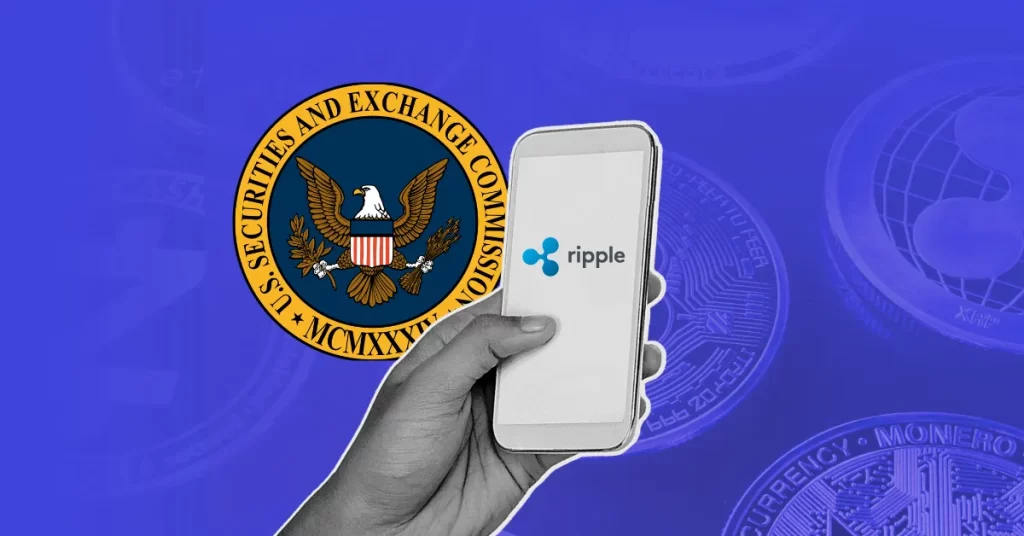“The SEC Lost Bigâ€: Bill Morgan Breaks Down the Sweeping Defeat in Ripple Case

The post “The SEC Lost Bigâ€: Bill Morgan Breaks Down the Sweeping Defeat in Ripple Case appeared first on Coinpedia Fintech News
The U.S. Securities and Exchange Commission (SEC) recently lost a motion for an interlocutory appeal in its case against Ripple Labs, the company behind the cryptocurrency XRP. District Judge Analisa Torres denied the SEC’s motion, leading to a considerable stir in the legal and crypto communities.
Australian lawyer Bill Morgan took to Twitter to dissect the court’s decision, emphasizing the comprehensive defeat suffered by the SEC. This article delves into Morgan’s key insights and explores the implications for Ripple and the broader crypto market.
According to him, the SEC failed to meet all three critical elements needed for an interlocutory appeal to proceed, and the court found the following.
- There was no controlling question of law;
- There was no substantial ground for differences of opinion;
- An interlocutory appeal would not materially advance the ultimate termination of the litigation,â€
His remarks underscore the thoroughness of the SEC’s defeat, branding it a “complete loss†on all fronts. Morgan further pointed out that the court’s ruling did not conflict with decisions in similar cases, such as LBRY and Terra Labs, thereby quashing any hopes for the SEC to find a silver lining in comparative law.
One of the pivotal elements in crypto-legal battles is the Howey Test, a set of criteria used to determine if a financial instrument qualifies as a security. Judge Torres ruled that the Howey Test was irrelevant to this case, thereby striking down one of the SEC’s main arguments. Morgan concurred, reinforcing that there was no “substantial ground for differences of opinion†concerning the test’s applicability to Ripple’s XRP.
Although this is a setback for the SEC, the battle is far from over. The main trial is set for April 2024, and it promises to resolve lingering questions about the status of XRP as a potential security. As Morgan speculated, this could be an opportunity for Judge Torres to clarify her reasoning further, potentially making the case “appeal-proof.â€